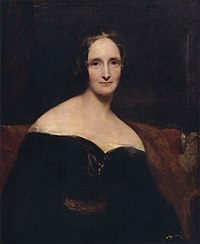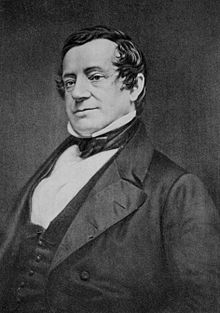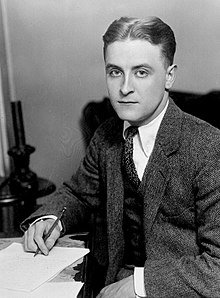 |
| 1840 portrait by Richard Rothwell |
Frankenstein: Or, The Modern Prometheus:
 Volume One, Letters I to IV:
Volume One, Letters I to IV:Download the mp3
Volume One, Chapters One and Two:
Download the mp3
Volume One, Chapters Three and Four:
Download the mp3
Volume One, Chapters Five and Six:
Download the mp3
Volume One, Chapter Seven:
Download the mp3
Volume Two, Chapters One and Two:
Download the mp3
Volume Two, Chapters Three and Four:
Download the mp3
Volume Two, Chapters Five to Seven:
Download the mp3
Volume Two, Chapters Eight and Nine:
Download the mp3
Volume Three, Chapters One and Two:
Download the mp3
Volume Three, Chapter Three:
Download the mp3
Volume Three, Chapter Four:
Download the mp3
Volume Three, Chapters Five and Six:
Download the mp3
Volume Three, Chapter Seven:
Download the mp3







